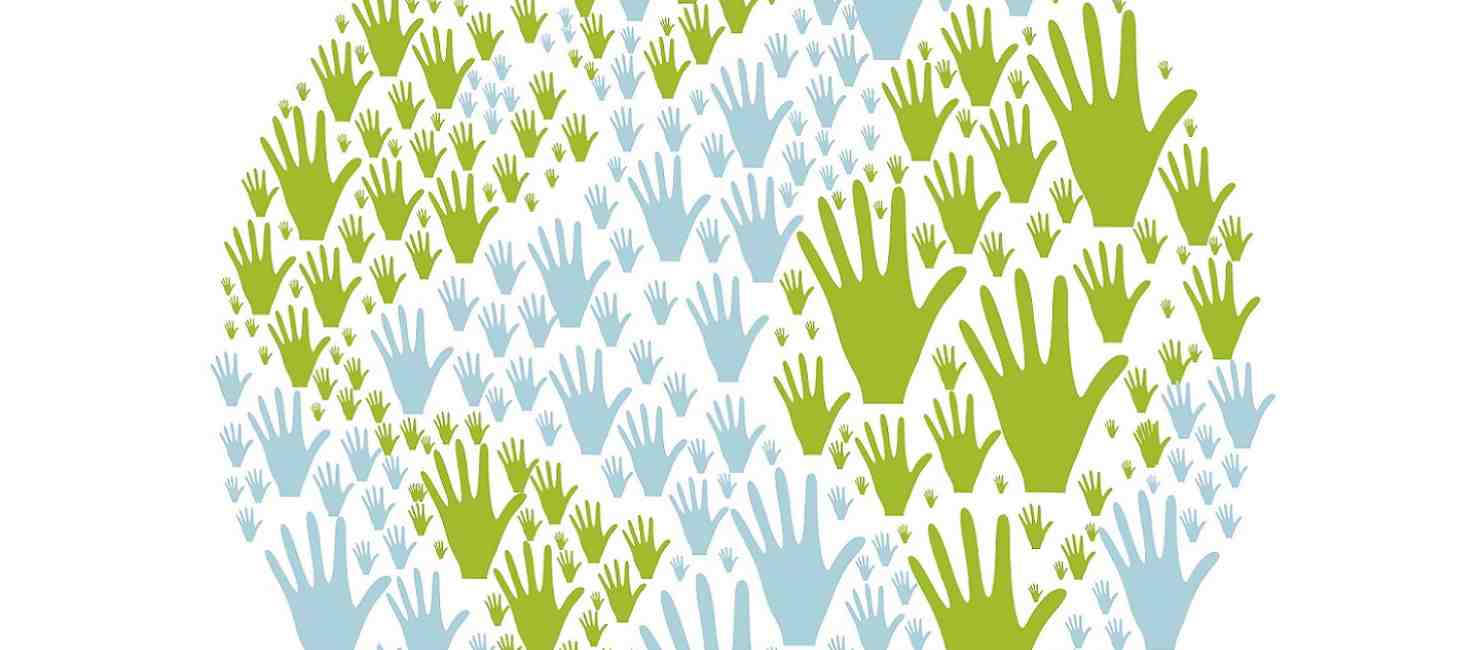I know a pedophile. What should I do?
Dear Stop It Now!,
Someone I know is a pedophile by his own admission. Also, he has evidence on his personal cellphone that he showed me in secret after he visited the "dark web." I would like to report him in secret, is that possible? What else can I do?

Dear Concerned Adult,
Learning that someone you know has been viewing child sexual abuse material (child pornography) must have been very shocking, and it’s normal to feel angry, disgusted, scared, or confused – or all of these things at once. Even though this person is not putting their hands on a child, this is child sexual abuse and yes, it should be reported. Please know that we’re not a reporting agency, but will share information with you about how to go about making this report, as well as considering what else you can do.
Having A Conversation
Many people who identify pedophilic interests often want help but don’t know how to ask. Sometimes they may leave clues in order to get caught, as they don’t know how to talk about something so personal or private. In this case, this person told you directly and I wonder if you're interested in having a conversation with this person. Please consider this only if it’s safe to have this talk. Talking about your concerns may be one way to offer him help – like treatment and other specialized resources – to change his behavior and to lead a safer life.
I understand that this might be awkward and difficult, but it doesn’t need to be accusatory or judgmental. You may want to start by expressing how difficult this is to talk about and also say how much you care for him (if that’s true). It would be important to separate him from his behavior, but to be concrete about how his behaviors are abusive, illegal, and puts him and children at risk.
Please also consider if there is anyone else who might have concerns about this individual, and who could join you in this conversation. At the very least, if there is someone you trust and confide in, it is always helpful to have support before having difficult conversations about another person's behaviors.
Offering Support
If you do have this conversation, you can talk about how there is help available, explaining that with the support of a professional, he can learn strategies to live a healthy and abuse-free future. Our resources for People Concerned About Their Thoughts and Behaviors Towards Children may be of interest to him if he’s ready for this step. You may also want to check out our guidebook Let's Talk which gives some tips on how to start this discussion. The conversation may not go as planned at first, and you can end it at any time but sometimes a seed is planted and can inspire someone to reflect on what's going on and consider reaching out further for help.
Filing Reports
Now, let’s talk about reporting. You are able to report all that you have seen and heard from this person to Cybertipline. Cybertipline, funded by National Center for Missing and Exploited Children, is one way to report online crimes against children, and your information will be passed on to the authorities for potential investigation. This can be a way you can help the children in these images get out of these abusive situations, and to safety – and you don’t have to give any identifying information about yourself or him if you’re not ready to. However, if you’re ready to report him, it would be helpful to share any evidence you have (like screenshots, his usernames, etc.) and include your name as well in case they need to follow up. You can also reach out to them by phone at 1.800.THE.LOST (1.800.843.5678). This can generally be done anonymously. You are also able to make a report this your local police, but you will want to ask them about making an anonymous report before preceding with your report. They may ask for identifying information, so have names, addresses, dates of birth, and other information organized before you file a report.
Remembering Self-Care
I’m also curious, how have you been doing since this person shared all this with you? There is no expected response or feeling after something like this – it affects everyone differently. Many people choose to move forward and take care of themselves no matter what the other person chooses. So, I do hope that you have the support of a friend, family member, faith leader, or even your own therapist. This can help you process any complicated emotions as they come up.
Take care,
Stop It Now!
Feedback:
Please share your feedback on this question
Last edited on: June 1st, 2021

